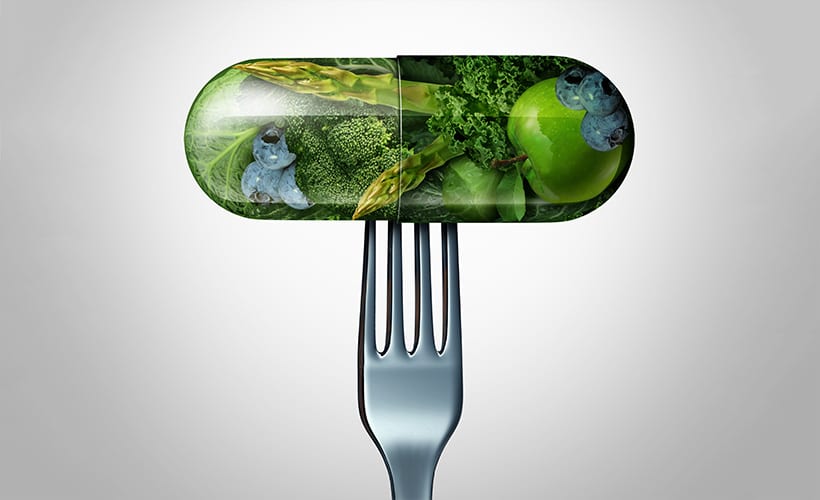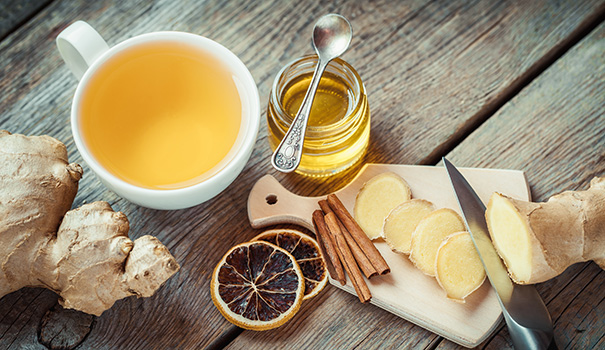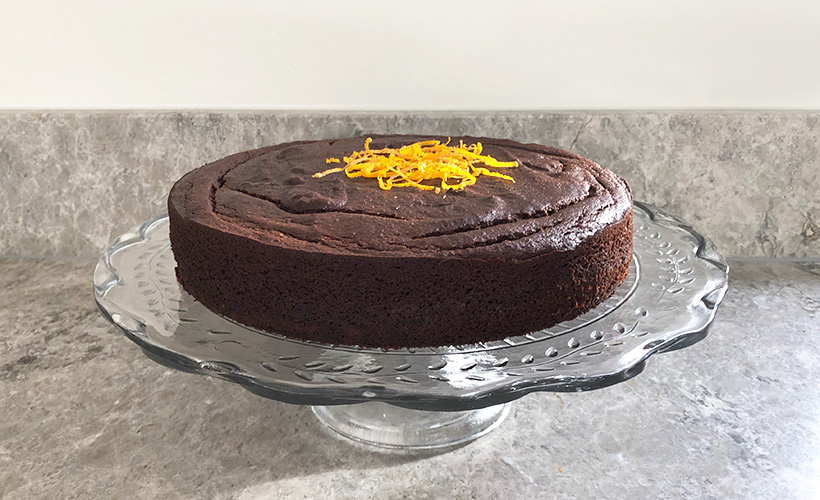Your smile and the appearance of your teeth and mouth are important factors in making a good first impression. However, beyond just aesthetic appeal, your oral health is also an important reflection of your overall health. With the mouth being the gateway to the entire body, a healthy mouth is an essential part of preventing illness. We all know the value of the likes of regular brushing and flossing, but what can we do to naturally support oral health and minimize trips to the dreaded dentist?
Problems in the mouth are often reflections of deficiencies or underlying disorders in the body. For example, bleeding may be a sign of a potential vitamin C deficiency, and dryness or cracking at the corners of the mouth could indicate a possible deficiency in vitamin B2. Raw, red, mouth tissue may be a sign of stress; a smooth, reddish tongue can indicate anemia or poor diet. Like any holistic treatment, it’s vital to treat the cause first and work from the inside, out. If your diet is low in the nutrients your body needs, your mouth may have a more difficult time resisting infection and you may increase the risk of dental cavities, gum disease, bad breath, and other mouth diseases. While a low-sugar diet is important to help prevent tooth decay, favouring a wide range of nutritionally rich foods and eating a balanced diet may ensure that you gain the nutrients required to optimise the overall health of your mouth. Here’s a nutritional support overview for a healthy mouth…
- Calcium: Calcium is vital for strong teeth and bones. This mineral helps to strengthen teeth and prevent bone loss around the gums. Dairy products like; milk, cheese, and yogurt are excellent sources of calcium. You can also find calcium in fortified plant-based milk alternatives, leafy greens, and almonds.
- Vitamin A: Vitamin A is required for healing gum tissue and is useful for any tooth or gum disorders. Vitamin A can be found in; Leafy green vegetables (kale, spinach, broccoli), orange and yellow vegetables (carrots, sweet potatoes, pumpkin), beef liver, fish oils, and eggs.
- Molybdenum – Molybdenum is an essential trace mineral that helps prevent tooth decay. Signs of deficiency can include mouth and gum disorders. Molybdenum can be found in legumes (black-eyed peas, lima beans, peanuts), beef liver, plain yoghurt, milk, potato with skin, whole-wheat bread, and bananas.
- Vitamin D –Vitamin D assists in the regulation of calcium and phosphorus metabolism. Signs of deficiency can include softening of the teeth. Vitamin D is essential for calcium absorption, which, in turn, supports oral health. You can get vitamin D from moderate sunlight exposure and foods like fatty fish (salmon, mackerel), fortified cereals, and egg yolks.
- Folic acid – Folic acid improves the mouth’s ability to fight infection and inflammation. A deficiency of folic acid is often associated with cracks on the lips or a sore inflamed tongue. Folic acid supplementation can be useful in the treatment of mouth ulcers. Folic acid can be found in; asparagus, leafy greens, avocado, citrus fruits, brussels sprouts, and eggs.
- Coenzyme Q10 – Coenzyme Q10 assists with gum cell growth and healing of gum tissue. Foods containing folic acid include; oily fish (ie. salmon or tuna), organ meats 9ie liver) and whole grains.
- Vitamin C with bioflavonoids – Vitamin C is a powerful antioxidant and helps promote healing, especially of bleeding gums. Bioflavonoids help to stop plaque growth. Citrus fruits, strawberries, kiwi, and bell peppers are rich sources of both.
- Probiotics – Probiotics help to prevent the formation of cavities and assist in the treatment of mouth disease. Probiotic-rich foods like yogurt, kefir, and sauerkraut can help maintain a healthy balance of oral bacteria, reducing the risk of cavities and gum disease.
- Propolis – Propolis interferes with the capacity of bacteria to adhere to the tooth. Propolis is a compound produced by bees and can be found in some honey combined with propolis, or it can be taken in supplement or tincture form.
- Zinc – Zinc enhances immune function and is needed to prevent infection and promote healing of mouth conditions. Foods high in zinc include; oysters, red meat, poultry, nuts, and whole grains.
- Antioxidants: Antioxidants can protect gum tissue and prevent inflammation. Berries, spinach, and other leafy greens are all packed with antioxidants.
- Phosphorus: Phosphorus, often found in proteins like lean meat, poultry, fish, and dairy, is essential for strong teeth and bones.
- Water: Staying hydrated is crucial for maintaining good oral health. Water helps to rinse away food particles and bacteria, helping to prevent a dry mouth, which can lead to oral health problems.
- Limit Sugar: Reducing sugar intake, especially from sugary snacks and beverages, is critical in preventing tooth decay. Bacteria in the mouth feed on sugars and produce acids that can erode tooth enamel.
- Green and Black Tea: These teas contain compounds that can inhibit the growth of harmful oral bacteria. Drinking them in moderation can be beneficial for oral health. However, from an aesthetic point of view, black tea can contribute to yellowing/staining of the mouth…so maybe stick to green tea if you want to maintain your pearly whites!
Nutritional support plays a crucial role in maintaining a healthy mouth and preventing oral health problems. A balanced diet focusing on including the foods above can really help support healthy teeth and gums by providing essential nutrients that promote oral health. Remember that oral hygiene practices such as regular brushing, flossing, and dental check-ups are equally important for maintaining a healthy mouth. Yes… sorry, there are no magic vitamins that can prevent dentist visits altogether! Here’s to happy and healthy smiles.


















Community